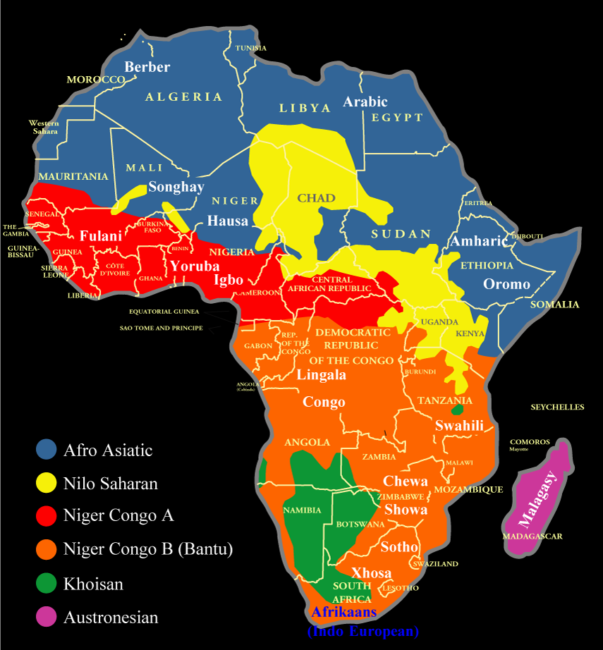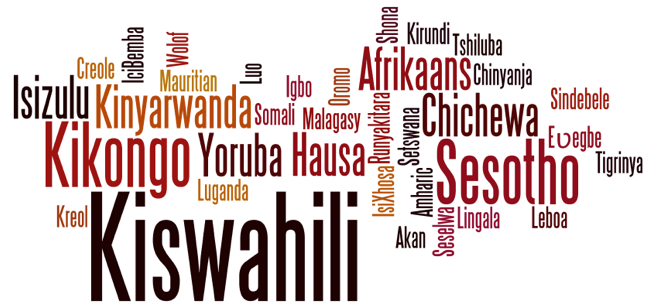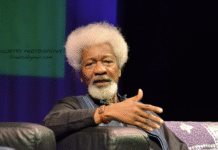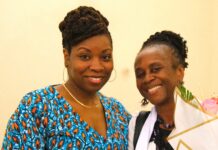
Africa.com has done a great service for travelers who may find themselves in one of the continents 54 countries by creating a Top 10 list of greetings in Africa’s most used languages. The top 10 languages spoken other than English and Arabic (more than 100 million speakers) are Swahili, Amharic, Yoruba, Oromo, Hausa, Igbo, IsiZulu, Shona, Portuguese and French.
The author writes:
“Africa is home to the highest linguistic diversity in the world with over 1500 different languages. Even though the continent has a wide range of languages, the principal languages found across all 54 countries include Arabic, French and English. Interesting facts to know about languages in Africa is that they form part of four language groups, namely Afro-Asiatic covering Northern Africa, Central Sahara and the Horn of Africa, Nilo-Saharan covering Central and Eastern Africa, Niger-Congo covering Central, Southern and Eastern Africa and Khoisan, covering the western part of Southern Africa.”
Check out a few of the ways to greet people in African languages below:
Swahili
Hello – “Hujambo,” but if you’re greeting elders or people older than you, say “Habari,” which also means “Good morning.”
How are you? – “Habari gani”
I am fine – “Nzuri”
Thank you – “Asante,” and “Thank you very much” is “Asante sana.”
Amharic
Hello – “Selam” or “Iwi selami newi.”
How are you? – “Inidēti nehi?” or “tenastalign?”
I am fine – “Dehina nenyi.”
Thank you – “Ameseginalehu.”
Yoruba
Hello – “Ẹ nlẹ o” for a general greeting; however, when greeting elders, the general greeting is “E nle ma” for women and “E nle sir” for men.
How are you? – “Ṣe daadaa ni o wa?” or “Bawo ni o se wa?”
Thank you – “E dupe” or “O se” or “E se.”
IsiZulu
Hello – “Sawubona” when greeting one person and “Sanibonani” when greeting two or more people.
How are you? – “Unjani?” but when asking elders, you say “Ninjani?”
I am fine – “Ngiyaphila”
Thank you – “Ngiyabonga.”
Learn more about African languages and greetings at Africa.com.
Follow The Burton Wire on Instagram or Twitter @TheBurtonWire.









